Is Cholesterol Bad for You? Here’s What to Know When You’re Vegan
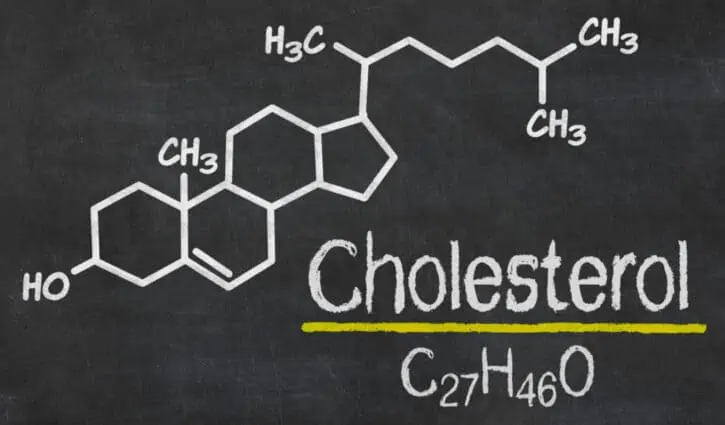
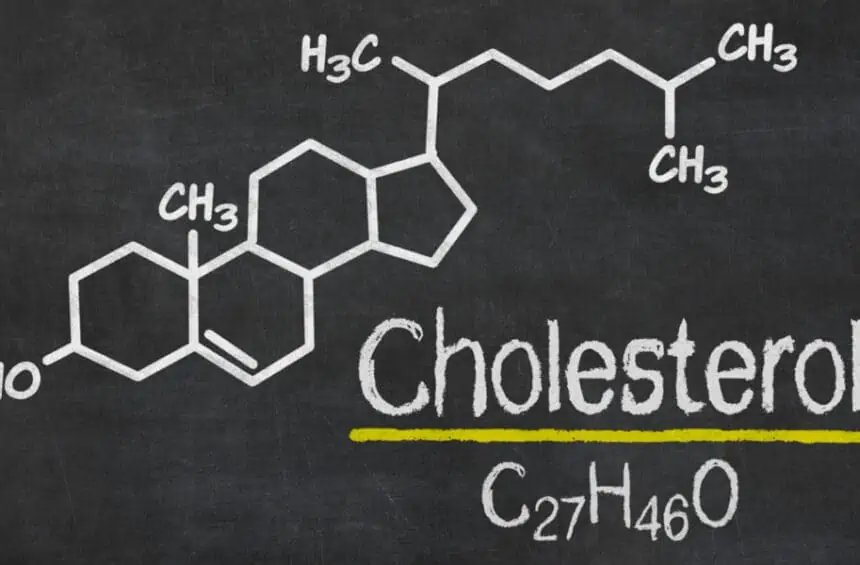
If you’ve been paying attention to the buzz of the food and nutrition world lately, you’ve likely heard a lot about butter being back on the scene. And even more recently, about dietary cholesterol not being so bad to eat anymore. So where is this all coming from?
The Dietary Guidelines Advisory Committee is the panel of experts who develop the Dietary Guidelines for Americans, which were first released in 1980 and updated every 5 years. These experts review the current scientific literature and recommend the next set of guidelines. The panel has spent a lot of time discussing the new 2015 recommendations, dietary cholesterol being one of the hot topics.
So, What Is Cholesterol?
Dietary cholesterol is a fatty substance found in animal foods like meat, cheese, eggs, and shellfish. Therefore, vegans do not consume cholesterol. It has long been understood that consuming dietary cholesterol raises your blood cholesterol levels, which we know is a risk factor for heart disease. For most people, dietary cholesterol only has a minimal impact on your blood cholesterol. The rest is due to genetics. This is why some vegans have cholesterol levels in the low 100s and why some are closer to 200 (like my 178). The American Heart Association recommends a total blood cholesterol level of 180 mg/dl or less.
Adding To The Confusion
While the panel’s report hasn’t officially been published, there are massive rumors that they will no longer encourage Americans to limit the amount of dietary cholesterol they eat. Some research fails to find a link between dietary intake of cholesterol and poor blood cholesterol levels. This news could mislead some into thinking it’s healthful to consume larger amounts of cholesterol-containing foods again. However, foods that are high in cholesterol are often high in saturated fat, which has a negative impact on the “bad” blood cholesterol LDL. So no matter how you look at it, fatty animal foods tend to have an adverse effect on heart health.
For example, the cholesterol content of eggs has been a long-standing argument against their consumption used by vegans and plant-based heart health proponents. While the healthfulness of eggs has been under ongoing scrutiny and debate, the rumored revised guidelines may provide more fuel to the egg-is-a-health-food fire. Rather than argue over the nuances of various scientific studies that may or may not implicate eggs, let’s focus on how to best mind our blood cholesterol levels and heart health.
Here’s what we know for sure:
Eating Lots Of Fruits, Veggies, And Whole Grains Is Powerful
These foods are loaded with nutrients like vitamins, minerals, antioxidants, and fiber, which have been proven to be heart healthy (among many other things). The more colors you eat, the better, because each color is associated with a different nutrient! In fact, a lot of talk about emphasizing plant-based diets has been going on within the panel and from the public (did you know that the Dietary Guidelines are open for public comment?).
Exercise Is Good, Even If You’re Not Overweight
Exercise has countless benefits, including keeping your heart strong and your blood pressure in a healthy range. Also, exercise has the most positive impact on your “good” cholesterol (HDL). National recommendations call for 150 minutes of exercise per week. You can break it down into 30-minute sessions five days a week or 50-minute sessions, three days a week, etc.
The little stuff makes a difference too—taking the stairs, parking at the far side of the parking lot, and sitting less. Remember, the best kind of exercise is the kind that you’ll DO! Not into running? Walking has excellent health benefits. CrossFit too intimidating? Try something lower impact instead. No gym membership or fancy requirement needed, move your body!
Maintain An Overall Healthy Lifestyle
You’ve heard it before—stay away from tobacco, limit your alcohol intake, and be mindful of foods with added sugars.
In short, a colorful vegan diet based on whole plant foods is one of the most heart-healthy diets around. So remember to “eat the rainbow” and please, do not drown your veggies in butter.
More Vegan Cholesterol Resources
Are you still curious about the best diet for healthy cholesterol? Check these other informative articles:
- The Ultimate Cholesterol Lowering Diet!
- How to Bake Without Eggs.
- How to Fit Heart Healthy Fats into a Vegan Diet!
Disclaimer: The information presented here is not to be construed as medical advice or used to diagnose, treat, cure or prevent any condition or disease.

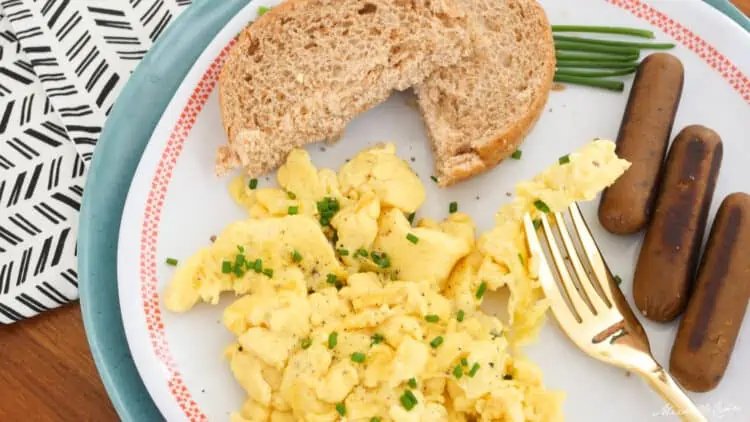
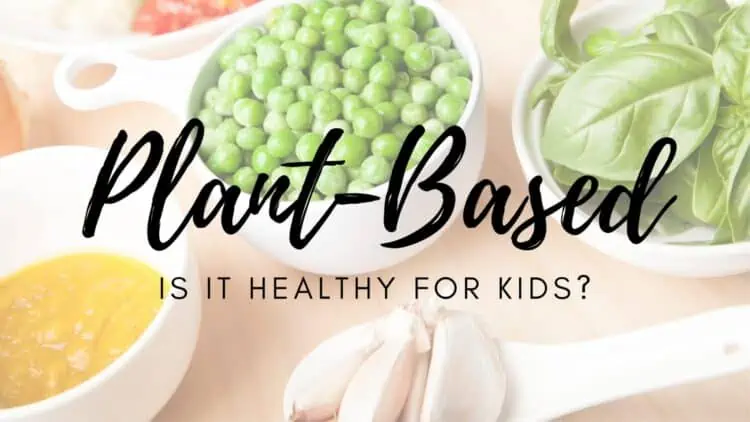
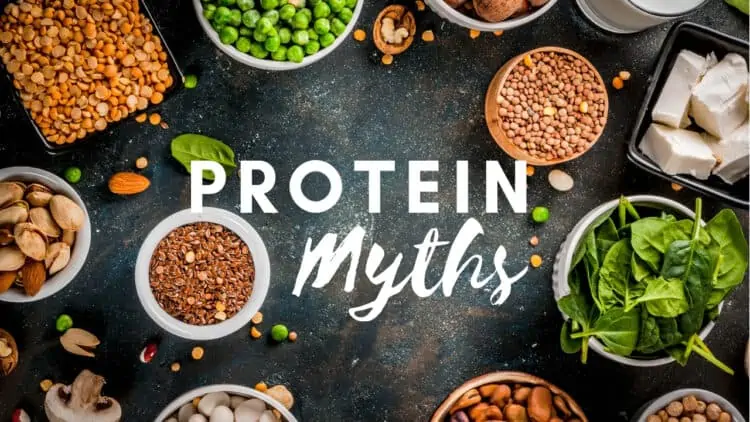
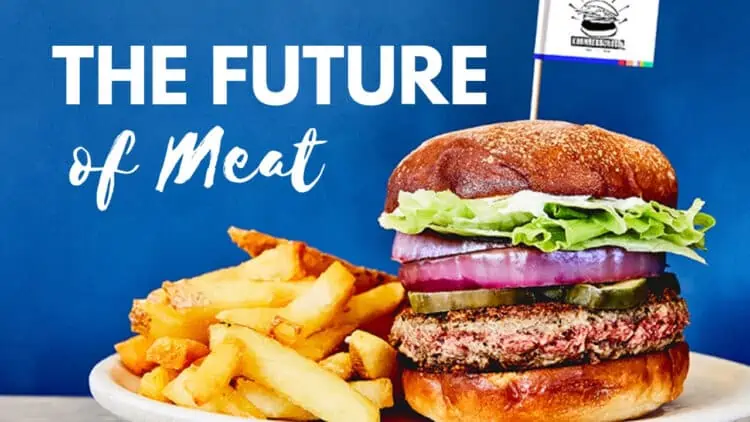
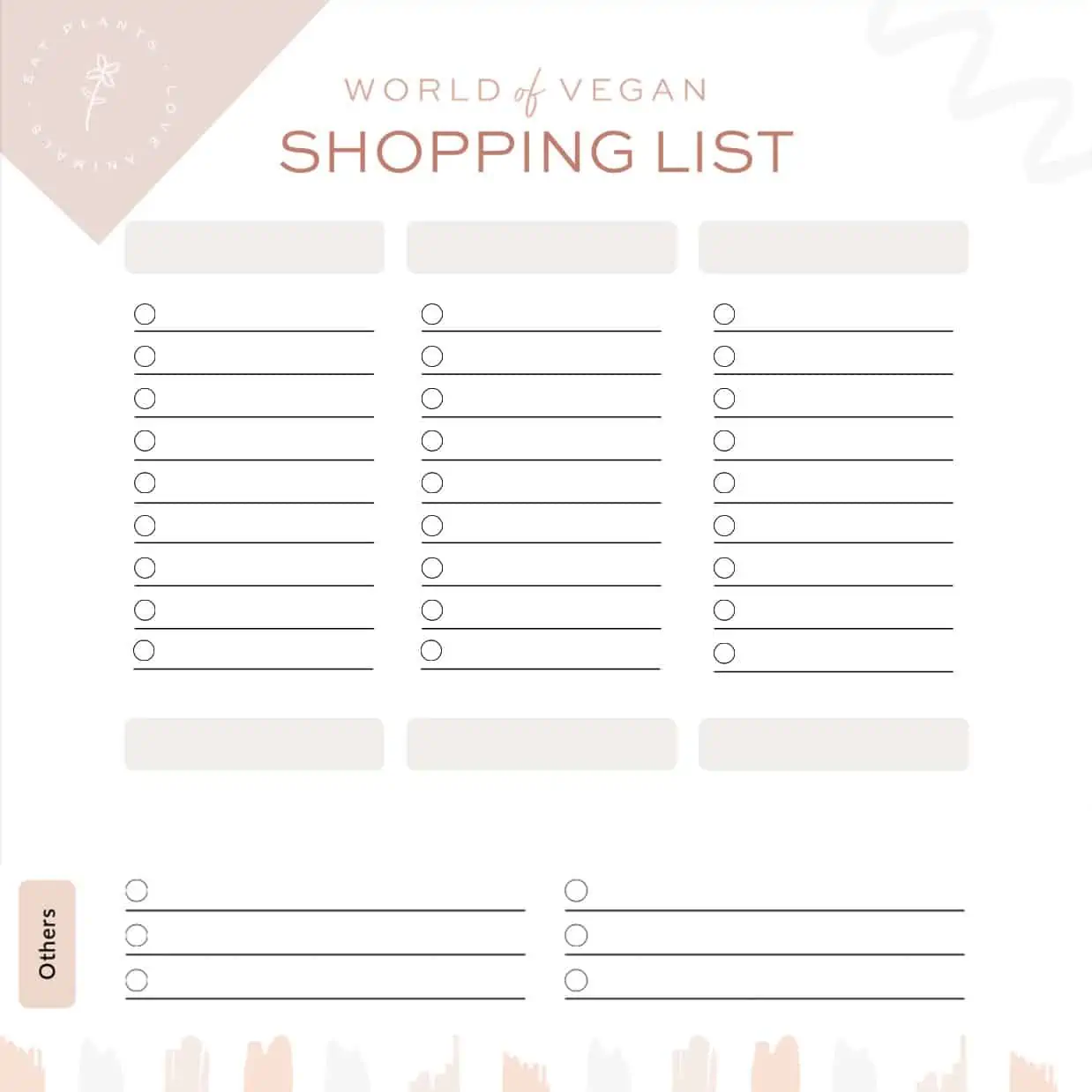
Leave a Comment